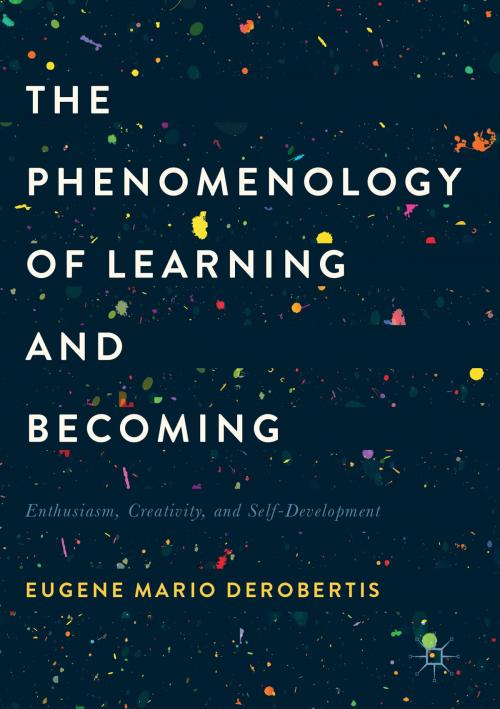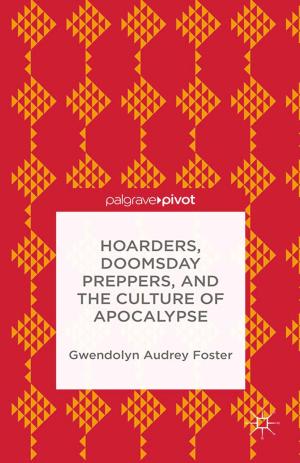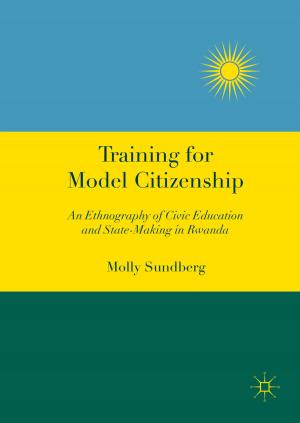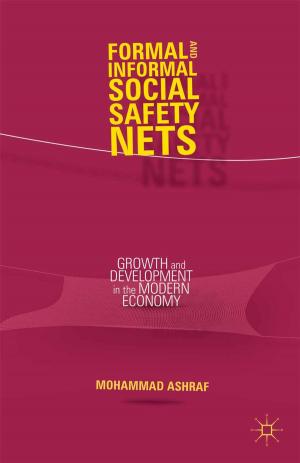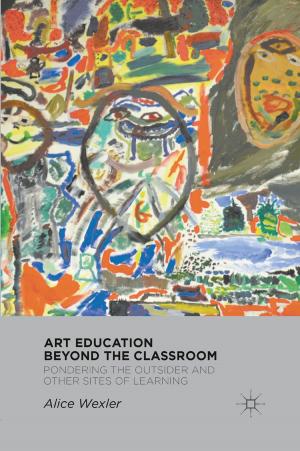The Phenomenology of Learning and Becoming
Enthusiasm, Creativity, and Self-Development
Nonfiction, Reference & Language, Education & Teaching, Educational Theory, Educational Psychology, Health & Well Being, Psychology, Personality| Author: | Eugene Mario DeRobertis | ISBN: | 9781349952045 |
| Publisher: | Palgrave Macmillan US | Publication: | June 27, 2017 |
| Imprint: | Palgrave Macmillan | Language: | English |
| Author: | Eugene Mario DeRobertis |
| ISBN: | 9781349952045 |
| Publisher: | Palgrave Macmillan US |
| Publication: | June 27, 2017 |
| Imprint: | Palgrave Macmillan |
| Language: | English |
In this text, the history of phenomenological research on learning is synthesized and brought forward into the areas of existential learning, the development of enthusiasm about learning (from childhood through adulthood), and paradigmatic creative experience. Original research findings are derived using the Giorgi method of descriptive phenomenological analysis in psychology. The results, structural and eidetic in nature, are then integrated from a holistic developmental viewpoint: that of Existential-Humanistic Self-Development Theory (EHSDT). An evolving developmental partnership between learning and creativity emerges as the proper conceptual frame for considering optimal growth and the relative maturity of situated becoming oneself (i.e., the process of self-cultivation). The resulting perspective is supported by cutting edge trends in neuroscience and related to pedagogy and education.
In this text, the history of phenomenological research on learning is synthesized and brought forward into the areas of existential learning, the development of enthusiasm about learning (from childhood through adulthood), and paradigmatic creative experience. Original research findings are derived using the Giorgi method of descriptive phenomenological analysis in psychology. The results, structural and eidetic in nature, are then integrated from a holistic developmental viewpoint: that of Existential-Humanistic Self-Development Theory (EHSDT). An evolving developmental partnership between learning and creativity emerges as the proper conceptual frame for considering optimal growth and the relative maturity of situated becoming oneself (i.e., the process of self-cultivation). The resulting perspective is supported by cutting edge trends in neuroscience and related to pedagogy and education.
